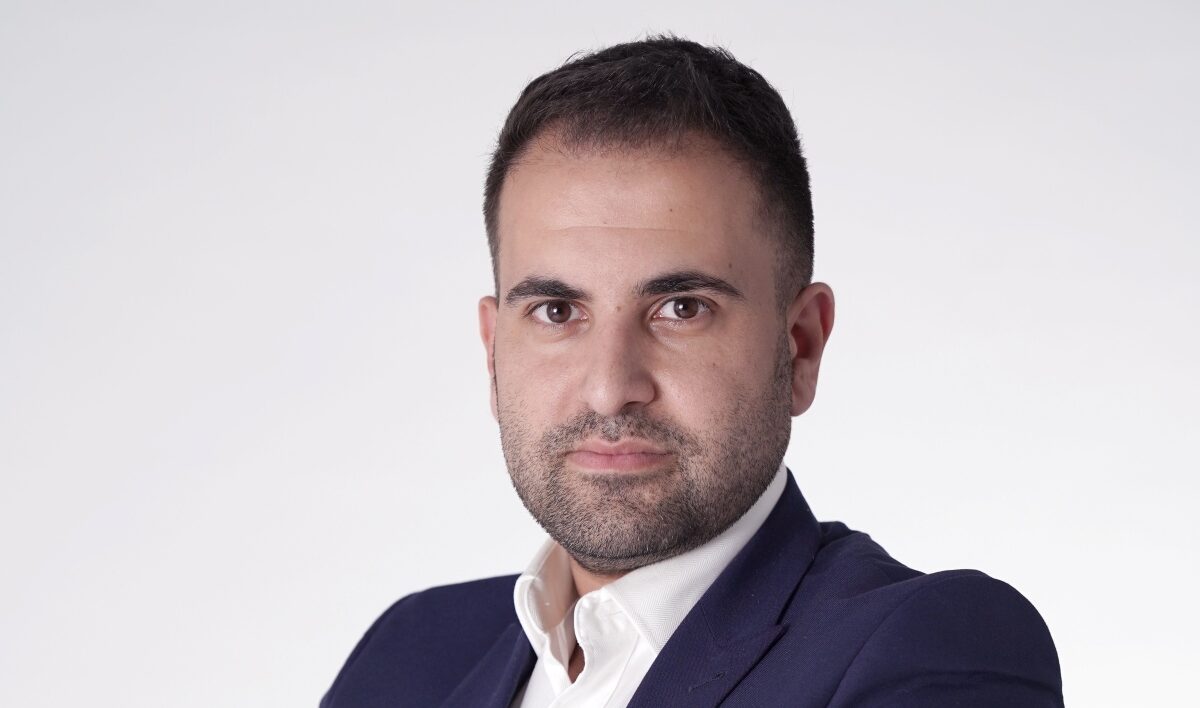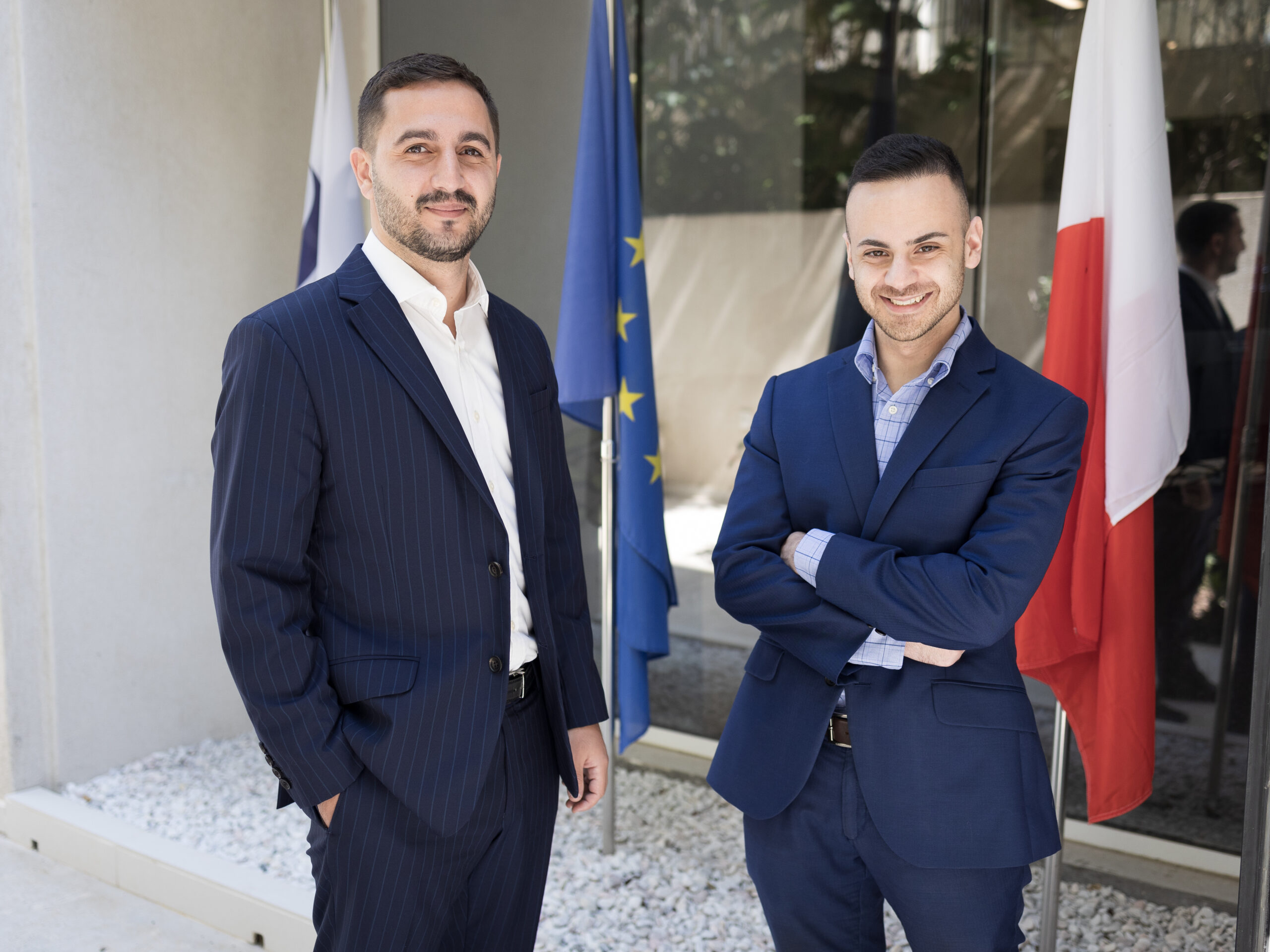Two months on from the fateful decision by the Financial Action Task Force (FATF) to put Malta on its list of increased monitoring, the so-called grey list, SBC hosted a webinar bringing together local heavyweights in the iGaming industry to share what the development means to a sector that has contributed significantly to the local economy.
SBC brought together host Joe Streeter – editor of Payment Expert, Enrico Bradamante – CEO at Maverick Slots but speaking in his capacity as chairman of the iGaming European Network, James Scicluna – co-managing partner at WH Partners (legal firm), and Yanica Sant – general counsel of the Malta Gaming Authority.
Bringing together a mixture of views hailing from industry, legal and regulatory, the three paint a picture that is not entirely dire, however, one message is clear: the quicker Malta exits from the grey list, the greater the chance to avoid serious problems to the industry and to the country’s wider economy.
The road to greylisting was a tumultuous one, with the country successfully tackling 55 out of 58 issues highlighted by the FATF. On the three areas where work must continue, the FATF made the following recommendations:
-Enhancing the use of financial intelligence by the Government’s Financial Intelligence Analysis Unit (FIAU) to support authorities pursuing criminal tax and related money laundering cases
-Enhancing the use of financial intelligence by the Government’s FIAU to support authorities pursuing criminal tax and related money laundering cases
-Focusing FIAU analysis on criminal tax offences, to get it to produce intelligence that helps Maltese law enforcement to detect and investigate cases in line with Malta’s identified ML risks related to tax evasion.
As Malta’s authorities work to address the above, stakeholders have highlighted the following key take-aways since Malta’s greylisting:
The iGaming industry views itself as a victim in the entire process
The decision to greylist Malta came as a surprise to most in the country. When considering Moneyval, Europe’s affiliated association to the FATF under the Council of Europe, and its April 2021 positive assessment of Malta’s regulatory changes to money laundering and procedures against the financing of terrorism, the FATF’s decision to place Malta under increased monitoring shocked the nation.
“We all thought it was going to be a close call but nonetheless it was a surprise based on the Government and regulatory bodies had done over the years,” says Mr Bradamante.

For Dr Scicluna, who stresses that all those familiar with Malta’s business community are clear that the country’s iGaming community did not contribute to the greylisting outcome, he comments:
“When considering the whole set of unfortunate circumstances, you can say that the iGaming industry in Malta is actually a victim. Unfortunately, it is suffering more than it needs to, through no fault of its own.”
He says that when looking at the FATF’s recommendations, the issues are made abundantly clear.
“In spite of this, the gambling industry is showing a level of maturity in Malta. It is saying look, we have established and grown our businesses here, contributing to the economy, we found an environment that allowed us to but there has to be action to resolve the situation quickly.
“It cannot be that we have significant [iGaming] business here, of Tier 1 levels, employing thousands…they do not want to be associated with a greylisted jurisdiction.”
Here, Mr Bradamante concurs, pointing out the “irony of the situation” where, for the past five years, the MGA continued “raising the bar” for the iGaming industry.
He stresses how the industry has improved, “cleaned itself up and raised the bar, following what the Maltese regulator and other European regulators have done”.
He adds that the industry finds itself as a “double victim”, having worked tirelessly to combat its reputation as a high-risk industry, now operating in a high-risk jurisdiction.
“Malta has done this to itself. It had plenty of times to address these shortcomings. It received a COVID extension and yet, now we need another 18 months to get over this.
“So, I can tell you, there is an element of anger and disappointment in the boardrooms, and contingency plans are being put in place”.

The immediate impact on banking, financial institutions and associated due diligence
Undoubtedly, the most immediate impact of greylisting has been on how banks and financial institutions outside of the country view Malta.
Here, Mr Bradamante confirms that immediately, foreign banks and institutions are requesting more information and more documents before they approve a monetary transaction in and out of Malta.
“They are asking to see contracts, invoices, and they even justify asking for such documents for smaller transactions.”
He adds that this is impacting cashflows in and out of the country, as Malta is viewed as a high-risk jurisdiction, and companies and individuals in the country are therefore viewed as higher-risk, due to the association with iGaming.
“A process of enhanced due diligence is taking place, specifically for banks and institutions that are outside of Malta. We have not seen this from those institutions inside of Malta, yet, and we do not expect to. This is something the FIAU was very quick to issue a clarification note about – that anything within the jurisdiction should not really change.”
Here, Dr Scicluna concurs, adding that this comes at a high compliance cost since the dynamic has changed between international banks and financial institutions with clients based in Malta.
“With the greylisting it has become worse, as those financial institutions who have not yet put Malta on their ‘high-risk list’ are doing so now. A very important measure of how bad things might get is whether or not these financial institutions that might consider its worth maintaining business relationships with persons who have a Maltese connection. I haven’t seen that yet in the gambling industry with clients of ours after the greylisting.”
Here he admits he hasn’t seen the severing of relationships and asked when the community might expect this to happen, he says there is an argument to be made that as long as companies observe the compliance requirements asked by the foreign financial institutions servicing them, together with increased compliance investment, “things could go on as usual”.
Here, Dr Sant sheds light on the complexities faced by the gambling industry with regards to financial institutions independently of the greylisting situation.

“The industry in general was always considered high risk. Everything happening in the meantime with the grey list has increased the risk profile, but it was always a problematic industry for banks and financial institutions…striking the balance is hard, from a regulatory perspective we need to ensure that the market remains open and that consumers have a fair choice.
“At the same time, we have to ensure that that choice is regulated in a way that meets the regulatory objectives of the law. In our case it is keeping gambling safe, fair and free from crime.”
Malta’s worsening reputation
Here, Mr Bradamante, Dr Scicluna and Dr Sant express a similar sentiment: that the man on the street is not going to inform himself about the technicalities and details behind the greylisting, but they will certainly read the headlines.
On this note, Mr Bradamante says “this is creating a negative effect by association. Whether it is recruiting, or talking to other business partners, trying to convince people to work with our companies, it has become more difficult to do so in Malta”.
Dr Scicluna turns to the bottom line for shareholders and directors of the major iGaming companies operating out of Malta.
“They don’t care that Malta only failed three of the 58 action points. They care about servicing their customers, accepting deposits and paying out winnings. They care about not being looked at suspiciously by financial institutions which they continue to work with.
“The gambling industry has always been rated as high risk, but now operating in a high-risk jurisdiction is a double whammy, and the latter of that was avoidable.”
On her part, Dr Sant points out how the increased monitoring classification by the FATF being known as a grey list makes it a reputational issue, as “there is no label worse than the grey list”.
“We need to address our reputation primarily, because there are no points related to the manner in which the iGaming industry is regulated in Malta [by the FATF].
Check out iGamingCapital.mt this Sunday to read about the MGA’s plan ease the negative impacts brought about by greylisting
Continue Reading
CasinoBonusesFinder: A fresh look at bonus finding in 2025
Since 2010, online platform CasinoBonusesFinder has helped players answer one essential question: Which casino bonus is truly worth my time?
Maintaining Malta’s edge in iGaming – CLA Malta weighs in
As emerging jurisdictions challenge Malta's iGaming dominance, CLA Malta’s experts outline the critical success factors
Malta among EU states cited in Germany’s black market gambling report
Malta, home to one of Europe’s largest iGaming sectors, was cited in a report’s data table
Gambling and financial regulators team up for closer cooperation
The MGA and MFSA have signed an MoU, designed to deepen their longstanding collaboration








